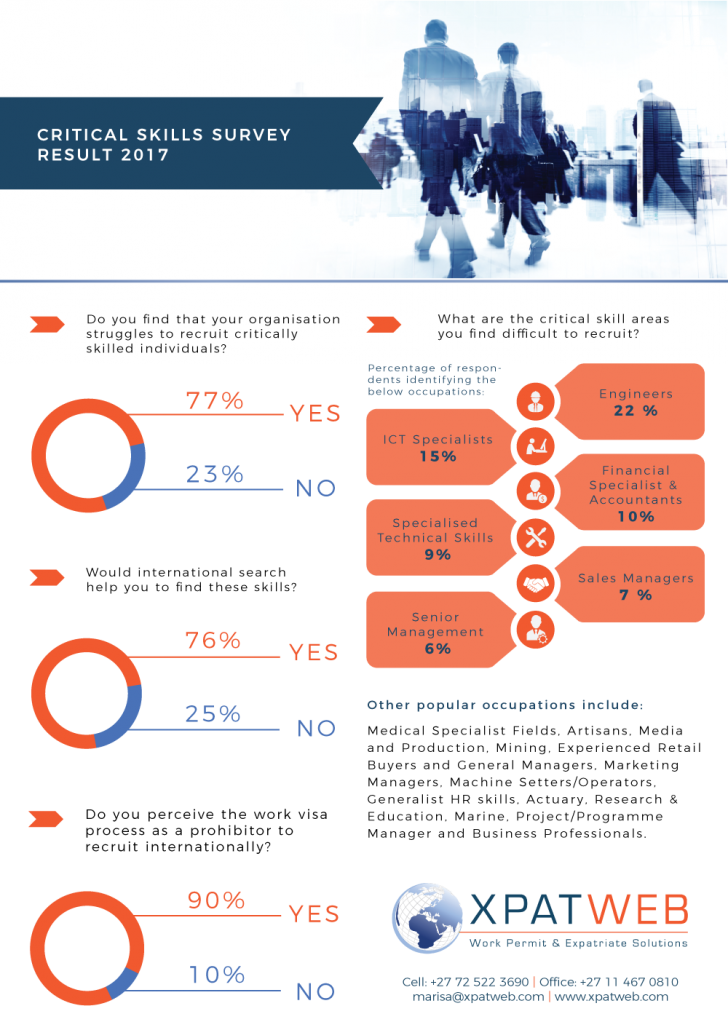Media statement on the extension of the closing date for the Zimbabwean Exemption Permit (ZEP)
31/01/2018 in Archived, News /by XpatwebBy 29 January 2018, a total of 176 605 applicants had completed the entire process, which includes honouring their appointments with VFS and submitting supporting documents and biometrics.
The extension, to 15 February 2018, is only for submitting biometrics (fingerprints) and supporting documents at the 10 VFS offices listed below as well as for those who have submitted online applications by 30 November 2017 but did not pay the prescribed fee. New applications will not be accepted. By the end of September 2018, the Department plans to have completed the whole project, including finalising adjudications and issuing out of all new permits.
Online applications for the new Zimbabwean Exemption Permit opened on 15 September 2017 for valid Zimbabwe Special Permit (ZSP) holders and closed on 30 November 2017. From 1 October 2017, applicants were allocated appointments so they could provide the required fingerprints and supporting documents at VFS offices. By the closing date of online applications, 30 November 2017, a total of 196 006 applications were received. No applications were accepted after the closing date.
The ZSP which started in 2014 with 197 951 permits issued expired on the 31st of December 2017. ZEP permit holders will be allowed to work, study or conduct business in South Africa. The ZEP permits are valid for a maximum period of four (4) years, effective from 01 January 2018 and expiring on 31 December 2021, notwithstanding the date of issue. Exemption permits like the ZEP permits are not permanent or long-term. They only serve a specific purpose with a view ultimately to have people returning to their countries of origin, to build their lives anew.
LOCATION/OFFICES FOR PAYMENT AND SUBMISSION OF ZEP SUPPORTING DOCUMENTS AND BIOMETRICS:
DURBAN MUSGRAVE TOWERS: Musgrave Shopping mall, 5th Floor Musgrave
CAPE TOWN: 2 Long Street, 7th Floor
PORT ELIZABETH: Office 7C, 1st floor Moffet and Main, Corner 17th Ave & Main Road, Walmer
JOHANNESBURG: Mount Royal Building Unit D, 657 James crescent, Halfway house
RUSTENBERG: Cnr of Boom and Fatima Bayet street
KIMBERLY: Unit 3 Building 2, Agri Office Park, N12 Kimberly
POLOKWANE: Thornhill Shopping Centre, Veldspaat and Munnik Avenue Bendor Park
NELSPRUIT: Office 5 F, Nedbank Building, 30 Brown Street
BLOEMFONTEIN: Suite 4, The Park, 14 Reid Street Westdene
GEORGE: Unit 5 Eagle View, Progress Street
Enquiries: David Hlabane – 071 342 4284 / david.hlabane@dha.gov.za

